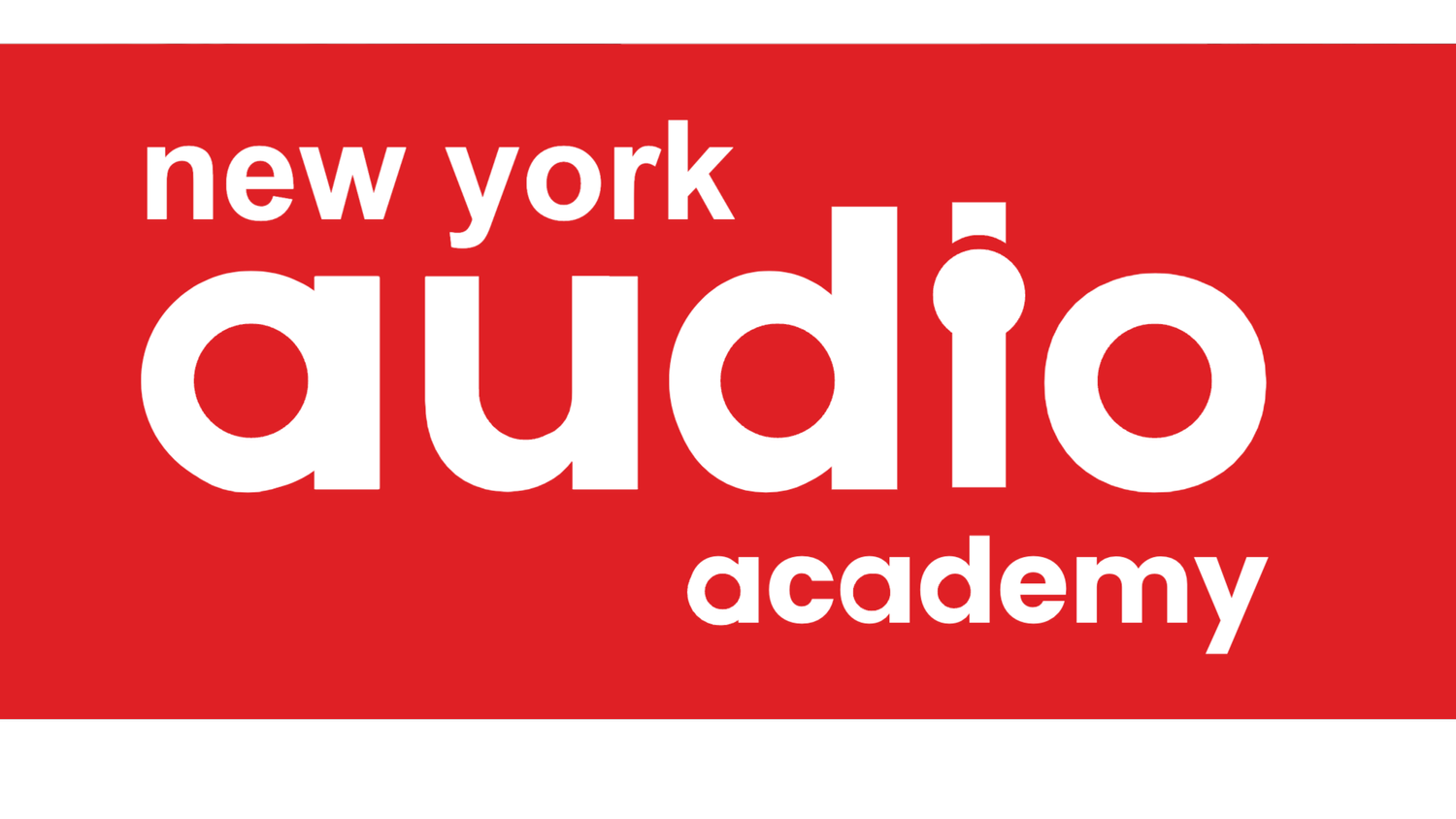Home Mastering vs. Professional Mastering: Choosing the Best Path for Your Music
Mastering is the final step in the music production process, enhancing the overall sound, ensuring consistency across various playback systems, and preparing the track for distribution. With advancements in technology, mastering can now be done both in a professional studio or at home. Each method has its advantages and challenges. This blog post explores the differences between home mastering and professional mastering, helping you decide which is best for your music projects.
Home Mastering: Flexibility and Control
Advantages:
Cost-Effectiveness: Home mastering eliminates the need to hire a professional mastering engineer, which can be a significant expense, especially for independent artists and producers with tight budgets.
Convenience and Flexibility: With home mastering, you have the flexibility to work on your schedule and tweak your project as often as you need without worrying about studio time or booking fees.
Learning Opportunity: Doing your own mastering can be an excellent learning experience, providing you with valuable skills and a better understanding of the production process.
Challenges:
Limited Equipment and Environment: Most home studios do not have the specialized equipment and acoustically treated environment that professional mastering studios offer. This can affect the accuracy of sound, particularly in terms of frequency response and spatial details.
Lack of Objectivity: After spending hours mixing a track, you might lose objectivity. A fresh pair of ears can often catch issues that you might have missed or grown accustomed to during the production process.
Consistency Issues: Achieving consistent sounding masters across various playback systems is a challenge without the high-end tools and environments that professional studios provide.
Professional Mastering: Expertise and Precision
Advantages:
High-Quality Equipment and Acoustics: Professional mastering studios are equipped with top-of-the-line mastering gear and acoustically treated spaces designed specifically for mastering audio. This environment ensures that the engineer can hear and adjust the minutest details.
Experience and Expertise: Mastering engineers bring years of experience and a trained ear to the table. They can provide a new perspective on your music, using their skills to enhance the overall sound based on industry standards.
Industry Connections: Professional mastering engineers often have industry connections that can be beneficial for promoting your music. They can also offer advice on distribution, publishing, and other aspects of the music business.
Challenges:
Higher Cost: The main drawback of professional mastering is the cost, which can be prohibitive for some independent artists.
Scheduling and Availability: Working with a professional may involve scheduling conflicts or delays, especially with sought-after engineers.
Communication Barriers: Conveying your artistic vision to someone else can sometimes be challenging, leading to results that might not align with your expectations if not properly communicated.
Making the Right Choice
Consider Your Project's Needs: If you're working on a demo or a mixtape that doesn't require pristine quality, home mastering might suffice. However, for commercial releases, professional mastering is generally recommended to ensure the highest quality.
Budget and Long-term Goals: Weigh the cost against the potential benefits. If you are serious about your music career, investing in professional mastering can contribute to much better product quality and potentially higher returns through better audience reception.
Skill Level: If you have the necessary skills and software, home mastering can be a viable option. However, if you're still learning, consider the potential benefits of having a professional polish your tracks.
Conclusion
Both home mastering and professional mastering have their places in music production. Your choice will depend on several factors, including your budget, goals, and the level of quality you desire for your final product. If possible, experimenting with both can provide you with valuable insights and help you make more informed decisions as your music career progresses.
Mastering is the final step in the music production process, enhancing the overall sound, ensuring consistency across various playback systems, and preparing the track for distribution. With advancements in technology, mastering can now be done both in a professional studio or at home. Each method has its advantages and challenges. This blog post explores the differences between home mastering and professional mastering, helping you decide which is best for your music projects.
